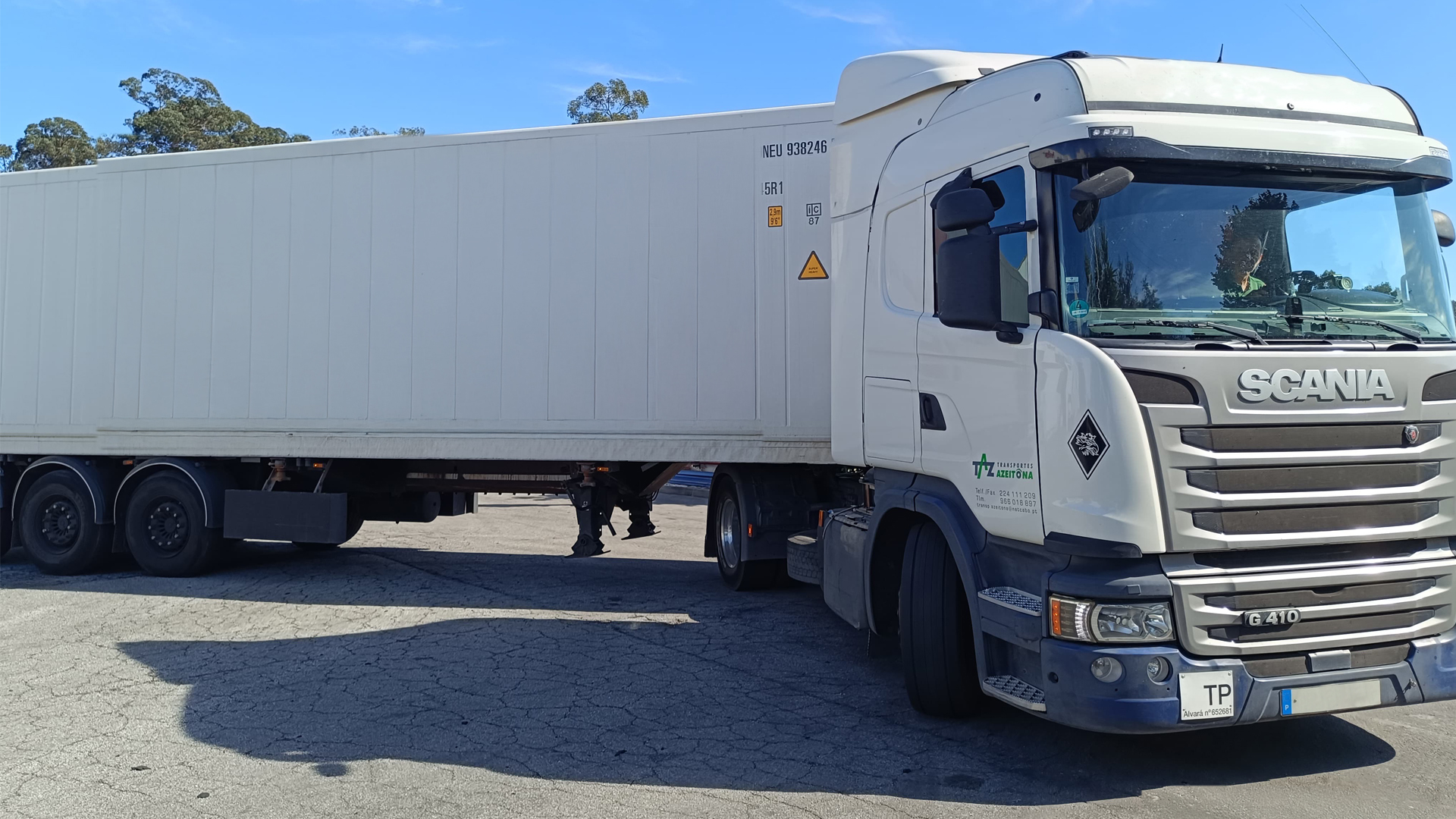Over the past few months, our CEO, Mabilio de Albuquerque, has been sharing daily insights on LinkedIn about internationalization; the result of years of experience taking a Portuguese brand to more than 37 countries.
In this article, we consolidate the 10 key lessons in internationalisation from these reflections, highlighting what it truly takes to transform a local product into a global success.
1. Mindset comes first
Before logistics, regulations, or contracts, entrepreneurs need to prepare their mindset. Going global means embracing uncertainty, adapting faster than competitors, and turning risk into opportunity. Without this mental shift, no export plan survives its first challenge.
2. Fear is the first invisible barrier
Regulations can be addressed with experts, but the fear of failure can paralyze a business before it even starts. The courage to take the first step, even without all the answers, often separates the companies that stay local from the ones that go global.
3. Research is more than a plane ticket
Knowing a market doesn’t come from a flight. It requires deep study: consumer habits, cultural codes, distribution channels, and pricing psychology. You don’t “discover” a market – you study it into clarity.
4. Authenticity sells – but it must be accessible
Products with strong local identity, like the pastel de nata, can conquer the world. The key is balancing authenticity and accessibility: keeping the essence while making it understandable and appealing to someone with no cultural references.
5. Internationalisation is less glamour and more resilience
Business trips may sound exciting, but reality is long hours, complex paperwork, and inevitable mistakes. The reward is not the romance of the idea, but the resilience gained along the way.
6. Regulations are not obstacles, they’re maps
Food safety, labelling, or taxation rules may feel like a maze. In fact, they are the map guiding your market entry. Entrepreneurs who prepare and work with experts turn bureaucracy into a competitive advantage.
7. Culture matters as much as product
Negotiating in Tokyo is not the same as in Lisbon. Understanding cultural codes, business pace, and local expectations is what ensures a product not only arrives but also stays in a market.
8. Price speaks a different language in every country
Pricing is more than math; it’s positioning. What feels premium in one market may seem affordable in another. Setting international prices requires cultural sensitivity, competitor benchmarks, and strategic vision.
9. Digital is often the first door to new markets
Today, the first international sale often happens online. Social media, e-commerce, and global platforms are the new entry point. Having a digital strategy tailored to local behaviours can open markets before the first shipment leaves the factory.
10. Resilience is the currency that never devalues
Capital funds internationalisation, but resilience sustains it. Every setback (delays, rejections, failed launches) becomes growth only if the entrepreneur can rise again. In the end, going global is more than business: it’s a school of life.
Mabilio’s reflections on LinkedIn show that internationalisation is not a straight line. It is a journey of courage, research, adaptation, and resilience. For any company dreaming of going global, these lessons are practical reminders that growth abroad requires more than product; it requires vision, culture, and humanity.










